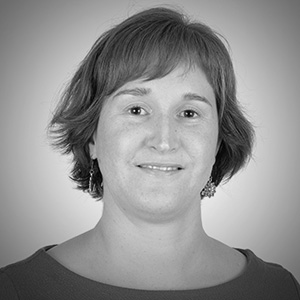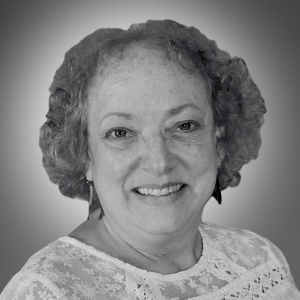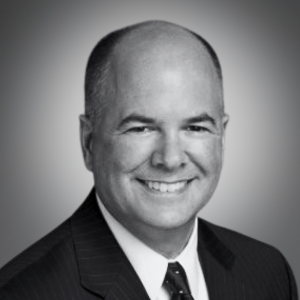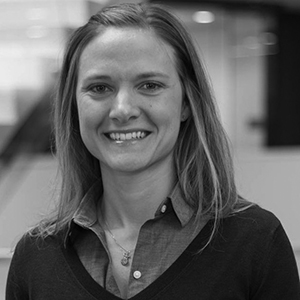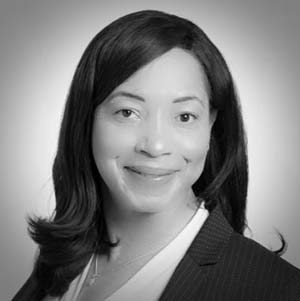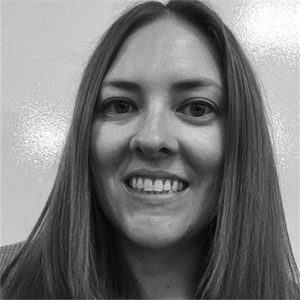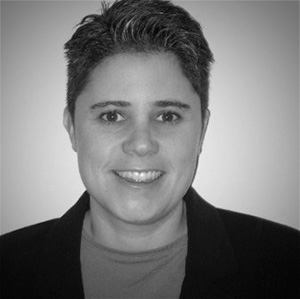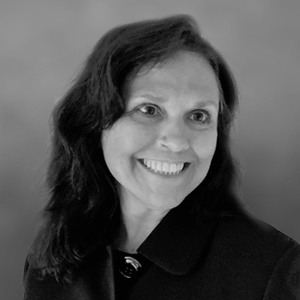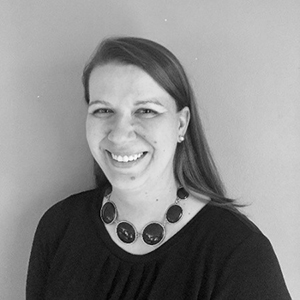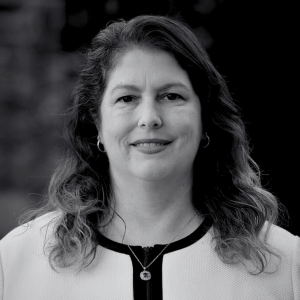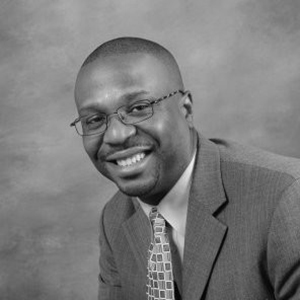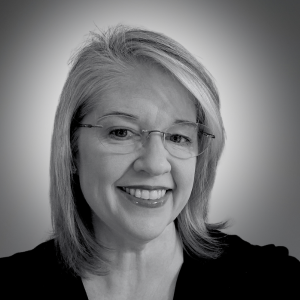Story: Alex Haederle | Video: Melissa Blum
Data Manager Greg Sides sat down with us (virtually) to discuss his background, how he managed a relocation to join Ripple Effect as COVID-19 broke out, and the importance of patience and persistence for those navigating job searches remotely.
Meet Greg Sides
He’s a data manager and natural team leader who recently relocated from Nashville, Tennessee to join Ripple Effect. The transition wasn’t easy, though: Greg had to navigate the unknowns of a job search amid the chaos that tornadoes and a global pandemic created. In the video above, Greg share his best career advice with Ripple’s Talent Acquisition and Partnerships lead, Jackie Helfer, and in the interview below, he elaborates on his background, experience, and job search strategies.
RIPPLE EFFECT: Tell us about yourself, Greg. Where did you grow up?
GREG SIDES: I was born and raised in Howard County, Maryland.
What did you study in college?
I went to Towson University and graduated with a B.S. in computer science.
What drew you to computer science?
It’s something that’s always been a part of my life, honestly. My parents went to Towson as well, and my father was a double major in computer science and math. He definitely inspired me to get into programming, and my friends throughout grade school were all big into computers, video games, techie stuff—so I knew that’s where I was headed.
What’s the first thing you remember programming?
Probably in high school, my first computer science class. My friends and I started learning QBasic, an introductory coding language, and soon after that I was hacking TI calculators.
When did you figure out you were good at programming, and wanted to pursue it?
My second year of high school, I had a very influential teacher who encouraged my abilities and helped expand my thinking about programming outside the classroom. A great teacher can make such a difference.
How did your college experience prepare you for the workforce?
Finishing was huge! Sounds odd, but that sense of accomplishment was important. A degree is a proof point to employers that you can finish something and see it through to the end. Of course, I had steps along the way: courses, projects, exams that prepared me for database management, but the mental challenge had the biggest impact on me—knowing I could not only do something well, but see it through completely, built up my confidence.
Let’s jump forward a bit to today. What’s your role with Ripple Effect?
I’m a Data Manager supporting CDMRP, the Congressionally Directed Medical Research Programs. I generate reports and manage data that CDMRP oversees for their portfolio of programs: information, financials, reports, proposals, etc.
Can you describe that in layman’s terms?
(Laughs) Sure. Think of it like this: I own a data set. It’s a box of information. And it’s my job to make sure that information stays clean. If you want to know something about a subset of the box, I use code to pull that information and hand it to you in a report that’s easy to understand.
Makes sense! What were you doing before you joined Ripple Effect?
I was living and working in Nashville, Tennessee until mid-March, when I moved back to Maryland. I moved to Nashville after I graduated college in 2011, worked for a few companies in database management, quality control and team lead roles, and my last position was as a system implementation manager.
Tell us about Nashville. Are there a lot of opportunities for computer scientists and data managers?
Absolutely! Nashville is one of America’s healthcare capitals, and large companies like Bridgestone and Nissan are based there as well. Education and health services is the biggest industry, and data management is one of the healthcare industry’s biggest needs.
What’s the culture like in Nashville?
It’s such a fun town. Of course, country music dominates the scene, but the culture goes far beyond that. Any type of music you like, you’ll find it in Nashville. It’s also a ‘transplant city,’ in that not many people are from Nashville originally. So you meet a lot of great people from all over the place. I was a transplant right along with them, so I fit right in.
You were there when the tornadoes hit in early March. What was that like? How did it affect the city and its residents?
It was devastating. A lot of people and landmarks were hit by it—really bad damage to shops, restaurants, prime locations that were shut down at best, or completely destroyed at worst. I’m lucky, though; I lived about five miles or so from where the damage was, so I wasn’t personally affected. But I noticed people in the community started to grab up supplies from stores, and then the COVID-19 pandemic kind of piggybacked on that.
What was it like to relocate during the pandemic?
Again, I was very, very lucky. I moved back home on March 21, when people were really starting to consider lockdowns, quarantines, and stay-at-home orders. I was freaked out that they were going to shut down state borders, but fortunately Maryland didn’t do that until days after I got back.
What was onboarding like after you were hired? And what’s it been like getting up to speed with your client work and Ripple Effect?
It’s been very interesting, because nobody was expecting to go full-time remote when I joined. The first day on the job, orientation was supposed to be at Ripple Effect’s Rockville HQ office, but it was moved to a virtual setting. I was still able to go to my client site that day—Fort Detrick, a U.S. Army Medical Command base—and meet coworkers, get my equipment, and start the clearance process. It was a Tuesday afternoon, and I remember being told, “We’re going full remote. We’ll be in touch.”
How has the work gone so far?
It’s been an adjustment, but it’s going well. My team gave me standard operating procedure (SOP) documents to review, and we’ve been doing weekly demos regarding client products. I’m working most closely with two CDMRP team members, who I have weekly meetings with, plus my Ripple Effect supervisors.
What kind of impact are you aiming to make, both for your client and for Ripple Effect?
High level, I want to leave my fingerprint (or footprint, whatever your preferred metaphor) with both CDMRP and Ripple Effect. I want to leave a mark with CDMRP in improving their quality control: to look at their challenges from an outsider’s perspective, offer suggestions, and dissect their processes. For Ripple, I’m most excited to support projects outside my area of expertise; the company supports a lot of interesting clients and missions, and I want to learn and help where I can.
Curveball—What is a hidden talent of yours?
(Laughs) Not sure it’s hidden, or a talent per se, but I’m a good leader. People have always looked to me to organize things, from friends to colleagues and clients. I’ve always been that guy. As a manager and team lead in my previous jobs, I learned to listen, take steps back, and process patiently, and I think that’s important to bring to any project, especially technical ones.
Let’s shift to job searches and career advice, since you’re fresh from that process. What were the first questions you asked yourself when you started looking for a new job?
First, I looked back at my experiences and asked, What are my primary skills and strengths? I knew I was great with SQL, a popular programming language, and had strong team leadership skills. Then I asked, What do I want and need out of a position? And what’s the right salary to support my relocation and cost-of-living adjustments?
Is that how you determined which jobs to apply to?
Definitely. I looked back to my previous experiences and my strengths to define new position roles. Example: I had previous experience with database management, both in work and in courses, and I have project management experience. I knew I wanted both of those elements in a new position, so I plugged those terms into job platforms: “Database Manager,” “Database Management,” Database Project Manager”, etc. and then analyzed the results.
What are some of the platforms and tools that worked best for you?
LinkedIn, Indeed, and USAjobs.gov were my three favorites. Each platform has its strengths, and while some job listings overlap, often you’ll get different results on each platform. LinkedIn is crucial: Update your profile with the most relevant skills and keywords—those make you discoverable—and there’s a button called “Actively Looking” that you can toggle on and let recruiters know you’re searching for new opportunities. LinkedIn and Indeed are both easy to navigate, and have very helpful ‘job digests’ that you can set up once you plug in your first search.
In your opinion, what are your skills and experiences that most attracted recruiters?
Healthcare—being specific about the industry that I had worked in. This was especially helpful in Maryland, as the DC Metro area, like Nashville, is a health care hub in the country. My technical skills with SQL and quality assurance are in demand right now, and my experience in being a team lead and project manager must have stood out.
What did you learn from the process of looking for new jobs while out of state?
Honestly, it was easier than expected, just in terms of the ease of finding jobs and postings. There are many great platforms, and technology has made it simpler to apply to more jobs faster than ever before. And while COVID-19 has obviously complicated so many things for businesses and workers, it’s had a positive benefit of making virtual interviewing the standard for remote job seekers.
Let’s dig into that. What are some of the most common questions that recruiters asked you during your interviews?
Some of the most common ones were: “What are you looking for in a position?”; “Why are you looking for a new job?”; “What are your plans for down the line?”; “Where do you see yourself in five years?”; But the biggest one was probably, “What can you contribute to this new goal?”; or, in other words, “How do you see yourself affecting this company for the better?”
Any questions that caught you off guard?
Not in particular, I was lucky! But I did prepare for odd questions beforehand, those brain teasers that are designed to be hard to answer. That helped me feel more confident in interviews, especially when those questions were not asked. I will say this: Prepare for those questions. Google “tough interview questions” and plan your answers. And know that companies use those to test how you react, not what your answer is.
How did you research salary and cost-of-living information before your relocation? What advice can you give others?
I took a practical approach based on my lifestyle. I knew Nashville was relatively cheap to live in, and that moving to Maryland would require a higher cost of living. So I examined my budget at the time: rent, transportation, food, etc. and crunched my expenses for those elements. Then I researched the costs for those in Maryland and ballparked the differences.
Here’s what I’d recommend to others: look at your living costs and calculate your budget now. What are you currently spending on rent, groceries, and social/entertainment? Are you relocating? Will your transportation arrangement change? If you’re driving, will car insurance increase? Build these into your calculations. Then add your desired salary increase on top of that.
Back to interviews quickly, then we’ll wrap this up. Give us some Dos and Don’ts for virtual interviewing.
Treat it like a normal interview. Prepare like crazy, and make sure you know basic information about the company: where it’s located, when it was founded, the types of services they provide and missions they support. Develop talking points that address everything that the job description is asking for. Watch examples of virtual interviews, read mock interview questions, and get a sense of how it will go.
These are great tips. What else?
Hang out with friends and family on Zoom, Teams, and FaceTime to get used to those platforms, and ask those loved ones to toss you interview questions for practice. And most importantly: Find places to interview where you’re comfortable and confident—somewhere without distractions, that looks nice, and where you feel confident. Oh, and present yourself cleanly! It makes a difference.
Any final words of wisdom for those on the job market right now, searching for new opportunities?
Don’t lose patience. What we’re all living through right now is unprecedented and so many people are struggling to find work, much less their dream jobs. But even in the best conditions, job hunting takes time, and even longer to land the right role. A close mentor once told me that for every 50 jobs you apply to, you may get one interview. And for every 50 interviews you go on, you may get one job offer. That’s not exact science, of course, but it’s a good guide for the mentality you need to have: Patience and Persistence.
And I’ll end with this: keep applying until you’ve signed a contract, because you never know. Even if the job that you interviewed for is your dream gig, and you feel like you nailed the interview, have a backup plan.

Inspired by Greg’s story, or want to ask him a question about job searching and career advice? Reach out! Leave a comment below and we’ll get in touch.




